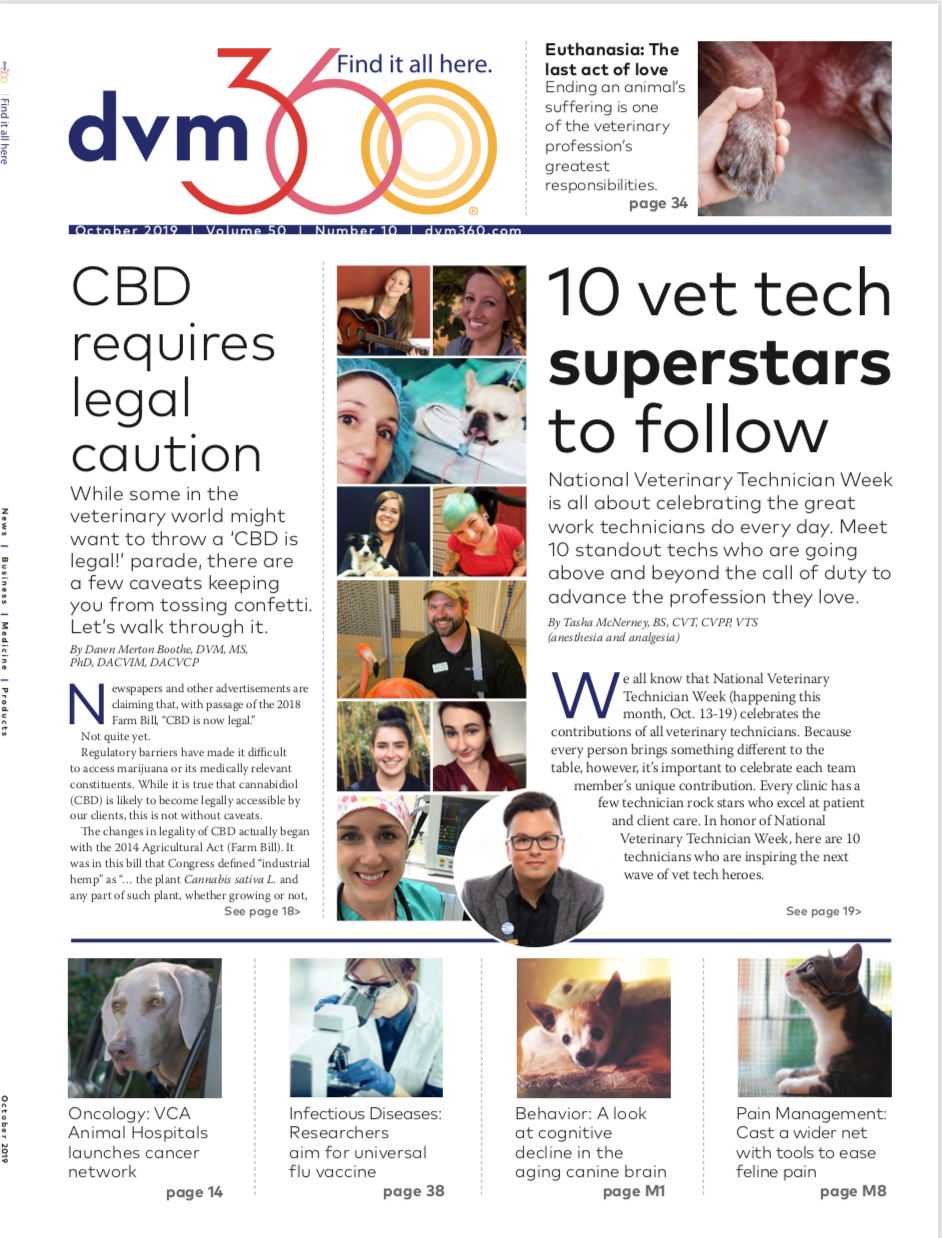Veterinary researchers awarded $3.1 million to develop universal flu vaccine
This One Health approach to the flu would offer protection against the flu across the board and be safer for higher-risk populations than the traditional flu vaccine.
Dr. Xiaoping Zhu and his team has been working on a universal flu vaccine for more than a decade. Photo courtesy of agnr.umd.edu.

While the current seasonal flu shot aims to protect against the most prominent strains of flu for the year, researchers at the Virginia-Maryland College of Veterinary Medicine are attempting to do the vaccine better. The aim: a universal flu vaccine.
Recently, the Department of Veterinary Medicine at the college received a $3.1 million grant to continue work on just this issue, according to a release from the University of Maryland. The grant was awarded by the National Institute of Allergy and Infectious Diseases with the National Institutes of Health.
Led by Xiaoping Zhu, PhD, associate dean and chair of the Department of Veterinary Medicine at the University of Maryland, the team has been working on a universal flu vaccine for more than a decade. Their work isn't simply targeting people, but instead keeps the One Health approach in mind, as the flu can affect both animals and people and travel across species (think of the H1N1 swine flu outbreak in 2009).
This new approach, if successful, would prove more effective than the seasonal vaccine delivered every year. The seasonal vaccine doesn't provide complete protection against all strains of the flu, but rather what the World Health Organization predicts will be the most prominent strains for the next season, according to the release. How effective the shot is depends on how effective the predictions are.
'The current vaccine for seasonal flu provides only about 20 to 30 percent protection in recent years, which is low.'
“The current vaccine for seasonal flu provides only about 20 to 30 percent protection in recent years, which is low. Many people complain that they get the vaccine, but still get infected,” said Dr. Zhu. From the time predictions are established, seven to nine months pass to produce the vaccine, and during that time flu strains may change, according to the release.
“The seasonal flu vaccine is always behind the flu season,” said Dr. Zhu in the release. “But if we can focus on conserved regions of antigens with our vaccine that are common in all flu viruses, the strain won't matter. That is the goal of a universal flu vaccine.”
His team is working on technology for an intranasal vaccine that would be delivered through the nose cavity and directly into the lungs rather than the typical injection into muscle tissue associated with flu shots. This method of delivery can provide local immunity, providing further protection to recipients, according to the release. It would benefit higher-risk populations, such as the young and elderly, who are more likely to react negatively to a traditional flu vaccine, according to the release.
In addition, the team is dedicated to making sure the vaccine is safe. “I've told my team that I will be the first,” Zhu said in the release. “When it's ready, I'll be the first to use it on myself.”
